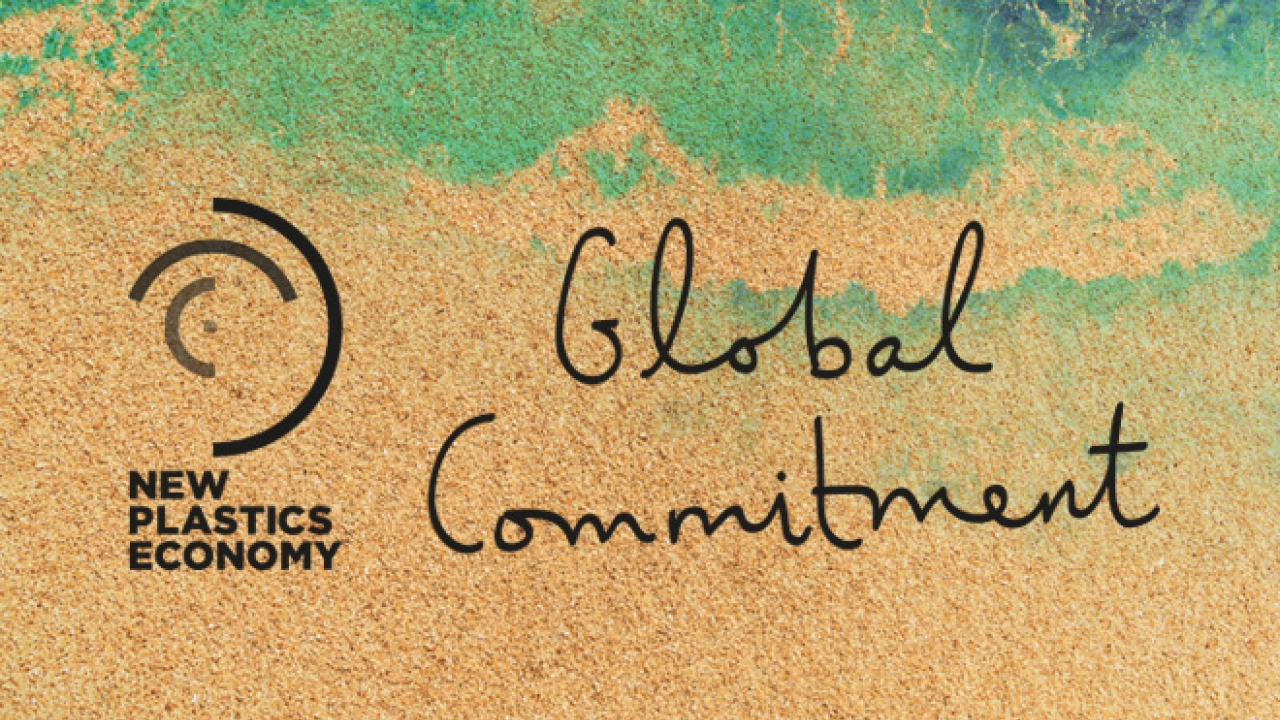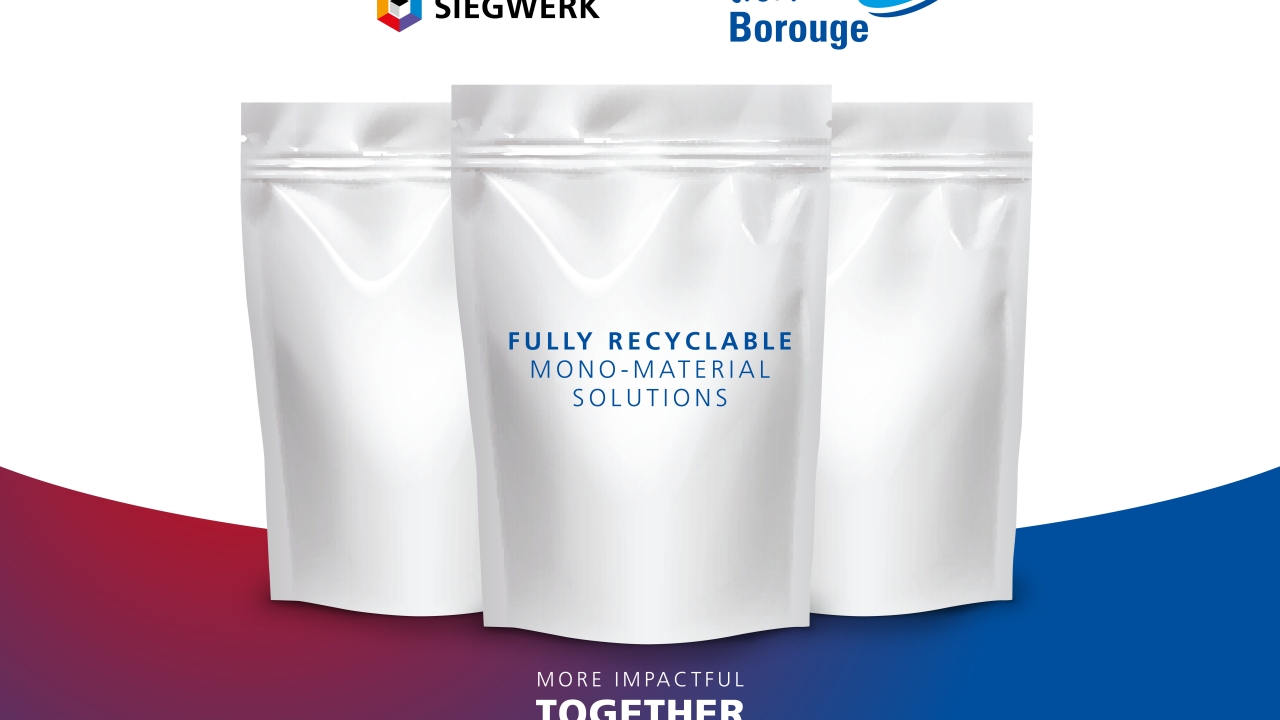Mondi states intent after signing New Plastics Economy Global Commitment
Global packaging and paper supplier Mondi has pledged to increase investment in R&D and drive deeper collaboration throughout its supply chain to move away from non-renewable and non-recyclable plastic.

Mondi is an early signatory of the New Plastics Economy Global Commitment, which will work towards eliminating plastic pollution and creating 100 percent reusable, recyclable or compostable plastic packaging by 2025.
UPM Raflatac, Constantia Flexibles, Henkel, HP, Inc and Flexible Packaging Europe are further signatories of the New Plastics Economy Global Commitment.
Through the Global Commitment, Mondi has said it will boost the use of recycled content in its products to ensure a minimum of 25% of post-consumer waste is incorporated across all its plastic packaging by 2025. It will also use its expertise in paper-based and flexible plastic packaging to enhance its product design to achieve 100 percent reusable, recyclable or compostable plastic packaging by 2025.
The company noted that for more than 15 years it has been making sustainable paper and flexible plastic packaging products for ‘forward-thinking, fast moving consumer goods brands’ such as Mars, Nestlé, P&G and Unilever. Its recent commitment is described as ‘an important step in creating a truly circular economy’.
Mondi CEO Peter Oswald said: ‘We are all well aware of the challenge facing our oceans and landfills as a result of poor waste management. But plastic should never become a waste product, it should retain its economic value. As business leaders we need to seize this opportunity to make a positive difference, not only for the world we live in today but for future generations too..
‘Mondi is committed to working with all of its partners to achieve the target of 100 percent reusable, recyclable or compostable plastic packaging by 2025. We believe working alongside other businesses and governments is key to finding a solution for plastic waste. It is essential for us to drive innovation and broad systemic change throughout the plastics value chain.
Stay up to date
Subscribe to the free Label News newsletter and receive the latest content every week. We'll never share your email address.

